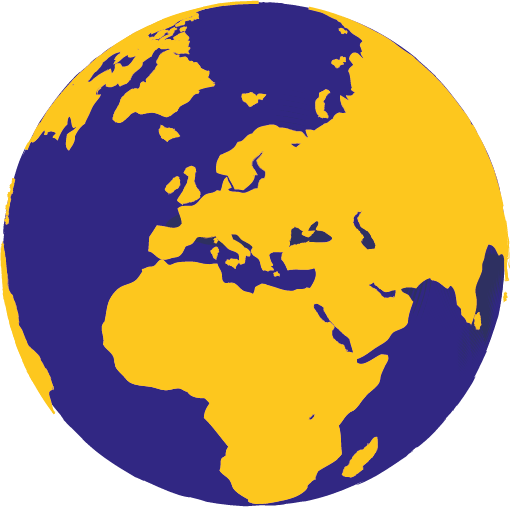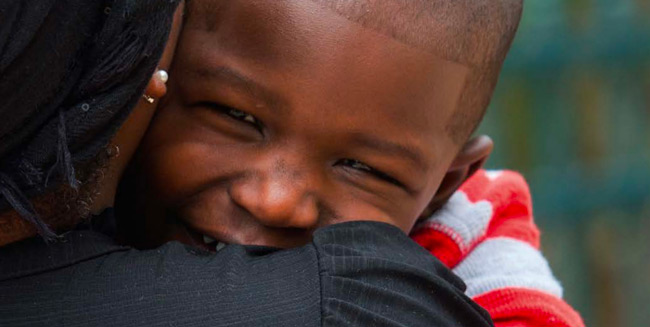Lumos has launched a Global Call for Evidence on the links between children’s institutions and human trafficking. Individuals and organisations from around the world are invited to submit relevant examples, information, knowledge and resources. Submissions may for example focus on cases of trafficking into, out of or after leaving children’s institutions as well as experiences of promising practice in tackling this serious problem.
Children’s institutions and human trafficking: the evidence gap
Around the world, there is growing awareness of the phenomenon of girls and boys being trafficked in the context of institutions and of the increased risks of trafficking to those who have been in institutional care previously. However, our collective knowledge of the scale, patterns and causes of this harmful practice is still very limited, and the exploitation of children therefore goes unnoticed.
How will your submission be used?
Lumos is grateful for all submissions, and we will carefully analyse them to increase our understanding of patterns, dynamics, risks and drivers. This information will be published and disseminated to provide evidence for strategies, interventions and policies for preventing and tackling trafficking in the context of children’s institutions. Your submissions will contribute to filling some of the major gaps in the global evidence base and help strengthen the child protection sector and improve the lives of children. You can also opt to make your submission anonymously.
How can you make a submission?
The deadline for submissions is 11 October 2019. The online submission form, which is available in numerous languages, takes approximately 15 minutes to complete. We want to thank you for taking the time to complete your submission.
We would be grateful if you could also share this call within your wider networks.
Click HERE to submit evidence on children’s institutions and human trafficking.



